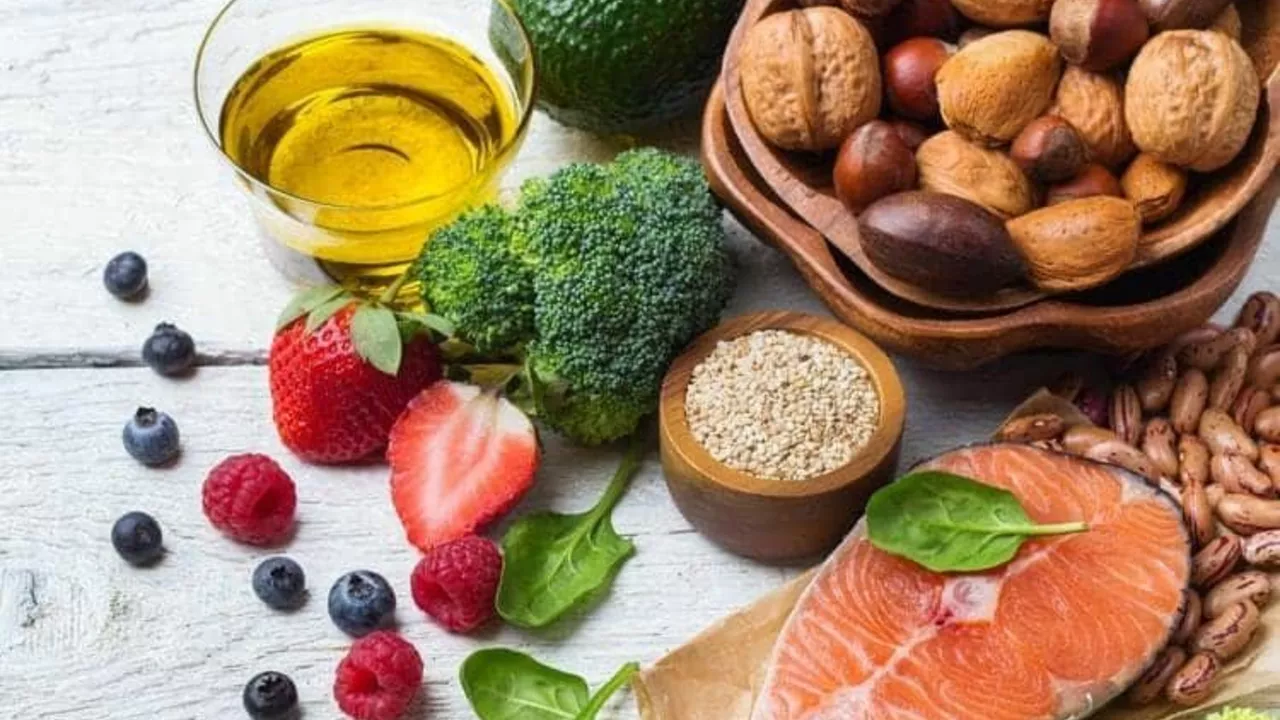Beer Dietary Supplements: Brewer's Yeast, Hops & Barley Guide
Ever seen supplements labeled "beer yeast" or "brewer's yeast" and wondered if they're worth a try? These products aren't about getting you tipsy. They use parts of beer-making ingredients — like brewer's yeast, hops, and barley — for vitamins, protein, and herbal effects. This page explains what they do, who might benefit, and how to use them safely.
What to expect from beer-based supplements
Brewer's yeast is the most common. It's a deactivated yeast packed with B vitamins (B1, B2, B3, B6), protein, and trace minerals. People take it for energy, skin and nail support, and sometimes to help blood-sugar control because some formulas include chromium. Barley and malt extracts add beta-glucans — fibers that can support immune health and gut bacteria. Hops, the bitter flowers used in beer, appear in some supplements for sleep and mild anxiety relief because they have calming compounds.
Results vary. If you need B vitamins or a bit more protein in your diet, brewer's yeast can help. If you struggle with mild sleep problems, a hop extract combined with valerian or magnesium might nudge sleep quality. But these are helpers, not quick fixes. Expect gradual, mild benefits rather than dramatic changes.
How to pick and use them safely
Start by reading the label. Look for ingredient amounts (not just a long list). If the product lists chromium, check the dose — too much can affect blood sugar management and interact with diabetes meds. If you have celiac disease or strong gluten sensitivity, avoid barley-based supplements unless clearly labeled gluten-free — barley contains gluten.
Watch for side effects: brewer's yeast can cause gas, bloating, and headaches in some people. Hops can make you sleepy and might increase drowsiness with sedatives or alcohol. People on monoamine oxidase inhibitors (MAOIs) or with yeast allergies should check with their doctor before trying brewer's yeast. Pregnant or breastfeeding people should also consult a clinician.
Quality matters. Pick brands with third-party testing (USP, NSF, or similar), clear sourcing, and a short ingredient list. Avoid products with proprietary blends that hide amounts. If price is a concern, compare unit prices and check trusted discount apps or pharmacy comparison tools to find the best deal without cutting corners.
Common doses: follow the label. Brewer's yeast powder often ranges from 5–10 g a day (about 1–2 tsp) or equivalent in tablets. Hop extracts and barley beta-glucan supplements vary widely; stick to recommended amounts and re-evaluate after a few weeks.
If you want a quick check: ask a pharmacist about interactions with your medications. They can flag risks fast and suggest alternatives. Try one change at a time so you notice effects. If any new supplement causes unexpected symptoms, stop and talk to a healthcare pro.
Want deeper reads? We cover related supplements like pumpkin and molybdenum on the site, plus tips on finding safe online pharmacies and price-saving tools. Use that info to make choices that help your health and your wallet.
In my latest deep dive, I explored the fascinating world of beer dietary supplements. Surprisingly, these supplements are not about getting a buzz but about tapping into the health benefits of beer's raw ingredients. They're packed with essential nutrients like B vitamins and minerals that our body needs. It turns out, if formulated correctly, these beer supplements can support wellness, from promoting heart health to boosting our immune system. So, it's not just about enjoying a cold one anymore, beer can also be part of a healthy lifestyle!

